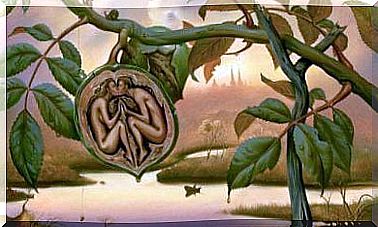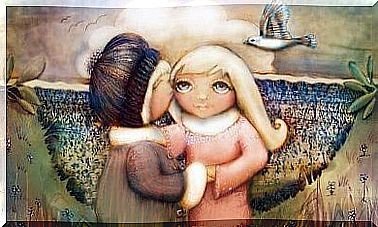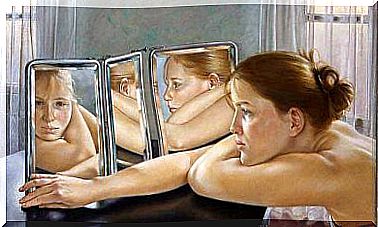The Aporia Or The Wisdom Of Contradiction
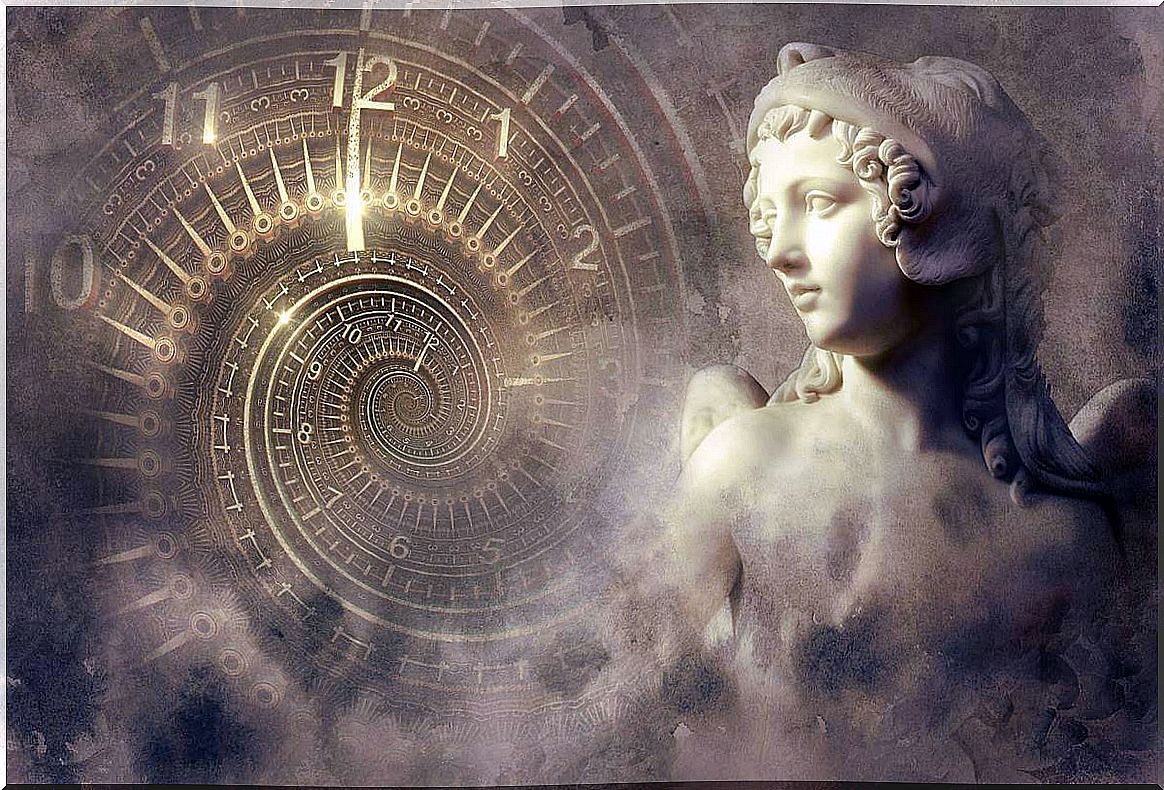
The term aporia comes from the Greek and can be defined as a state of uncertainty or perplexity when exposed to two opposing but acceptable arguments. It is, for example, the classic “to be or not to be” by William Shakespeare or the classic question of “what was before, the chicken or the egg”. These are unsolvable questions, philosophical dilemmas that rarely get us anywhere.
However, in the past and in the time of Plato and Socrates, this type of reasoning was a valuable exercise to initiate debates and deep dialectical exercises. The key was to raise a doubt, to launch a rhetorical question and thus achieve a transition between the ambiguous of the world, between the contradictory of life and the intricate reasoning with meaning and without meaning at the same time.
Moreover, if there is something we must assume, it is that the very reality that surrounds us is full of insufferable aporias. We are, for example, an incredibly individualistic globalized society. We are free beings, but at the same time victims of a thousand conditions, of infinite mechanisms that mold and standardize us.
Aporia is the wisdom of contradiction, the one that invites us to make valuable reflections, but that nevertheless does not lead us anywhere …
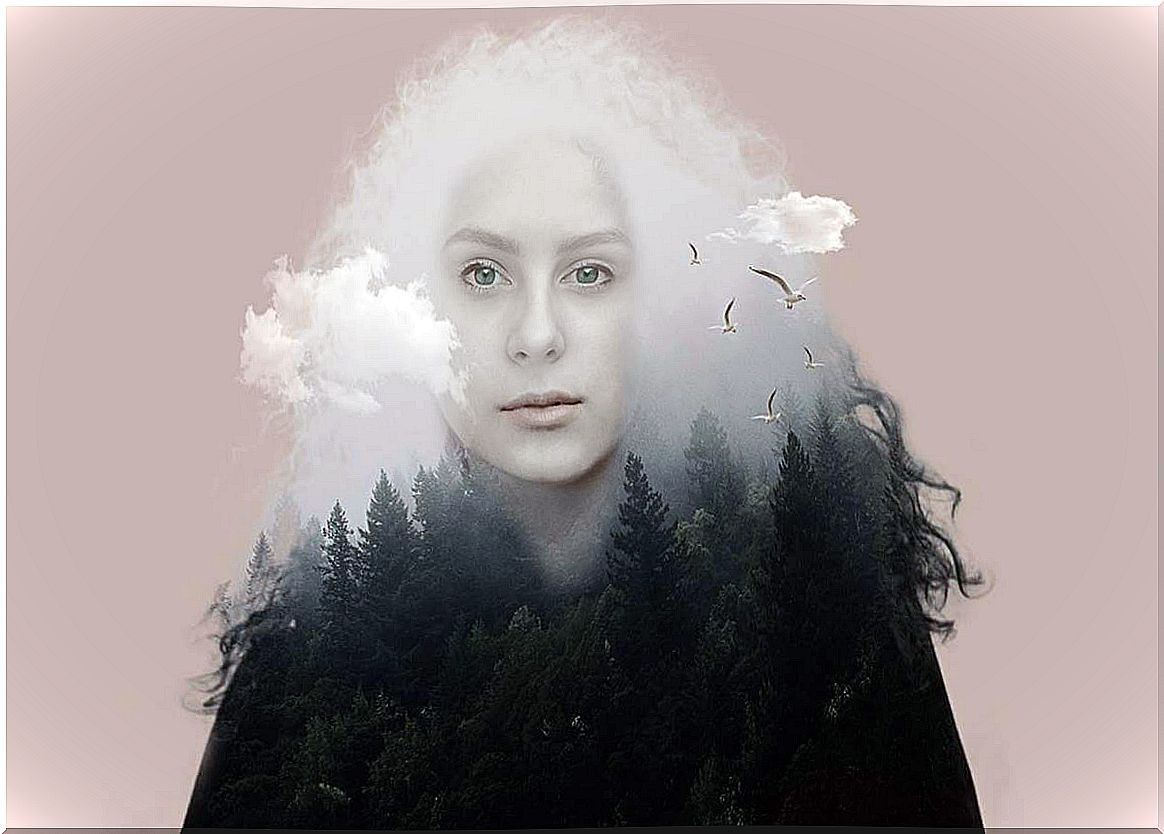
What is aporia and what is its purpose?
When referring to aporias, it is inevitable not to cite the sophisms of the Greek philosopher Zeno. One of them was known as “the paradox of Achilles and the tortoise.” The essence of this idea was based on an argument: the movement as such does not exist. The Stoic sage conceived mobility as a concatenation of states at rest, that is, as a sum of still images.
Therefore, for him a tortoise could be as fast or faster than Achilles, the one with the light feet, because movement, like time, are mere illusions. Thus, and following this premise, he explained that when one shoots an arrow, in reality, it does not move at any time. Its motion is the result of the infinite sum of its rest points. What can we say, therefore, in the face of this type of reasoning? If we base ourselves on classical mechanics and Newton’s laws we could completely refute them.
However, if one integrates into Zeno’s own perspective on the succession of states at rest, one can come to understand it. Therefore, by understanding these examples, we realize that the sensation of aporia is familiar to all of us.
At the end of the day, it is that uncertainty that we sometimes experience when exposing ourselves to two contradictory ideas, but interesting and sometimes even valid. It is a knot of perplexity that, although not directly decisive, invites us to reflect.
Deconstruct to discover: the value of everyday contradiction
“Aporetic” is an interesting adjective that we should take more into account. In fact, it would be good to acquire this characteristic, this exercise of reasoning and reflection with which to deconstruct many of our realities in order to discover that there are more options, perspectives and realities.
Deconstructing in aporia means allowing us to discover the contradiction of things and also accepting that on a daily basis there are opposing ideas in their bases and their essence, but that they can still be accepted. Moreover, it is possible to learn from each approach, even if it is irreconcilable. Be that as it may, the main objective is none other than to awaken perplexity to reflect, to accept the opposite as another part of one’s life.
Types of aporia
To this day, we use the term aporia as a synonym for difficulty. We do it to represent a dead end, a challenge with no apparent rational solution. However, for Greek philosophy it was like a riddle, like an exercise that encouraged dialogue, the exchange of ideas, theories and approaches to knowledge.
We should not see the aporia as some kind of mindless Gordian knot. This state of uncertainty should invite analysis and reasoning. Therefore, it is interesting to understand the two existing typologies.
Argument aporia: part of a doubt
In this type of aporia, the starting point is always a question thrown into the air, a question that often serves as a question for others to think about even though they do not have a clear answer. The objective is none other than to favor ideas and arguments.
It is interesting to know that most aporias always start from questions. “What was the chicken or the egg before?”, “Can we always believe what our eyes see or do we see through our personal interpretations and judgments?”, “Is the color orange named after the fruit or is it a the reverse? ”.
Tonal aporia: part of an opinion
In this second typology, we are facing a somewhat aggressive aporia or, at least, taxation. In this case, dialogue is not sought but to impose one’s truth. It is as if we were limited to pointing out exclusively that ” the hen was before the egg “. The idea continues to cause us contradiction, but the phrase already has a certain tone and seeks to convince us of a preconception.
The most appropriate thing in all cases is to make use of an argumentative aporia that starts from a question. This is the only way to encourage dialogue and reflection.
To conclude, beyond the classic metaphors that Plato and Aristotle used with their students through rhetorical questions, there is an undeniable fact. Multiple aporias are permeated in today’s world. Politics, society, the world of advertising, etc., do not stop harboring in their bases multiple paradoxes that confuse us with their nonsense.
It is true that from our position, we cannot solve anything. The contradiction is sometimes continuous: we can come to understand all the positions, but even so, perplexity catches us. Realizing it, assuming it and reflecting on those antagonistic universes is positive and will enrich what we already know as the wisdom of contradiction.
